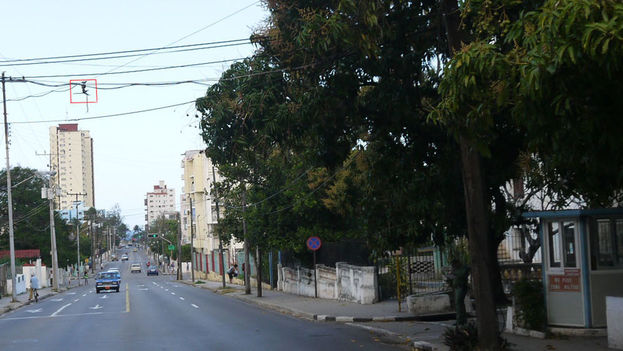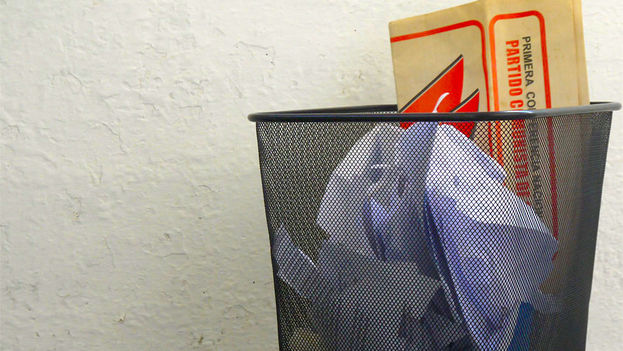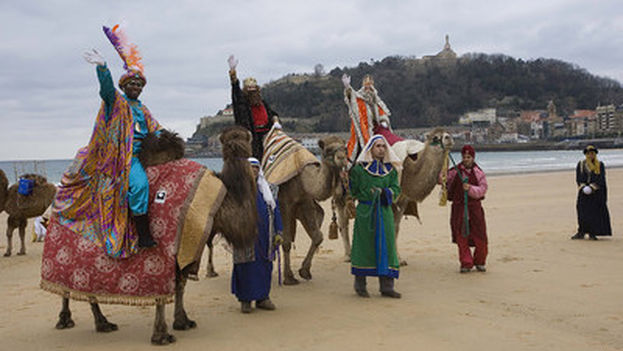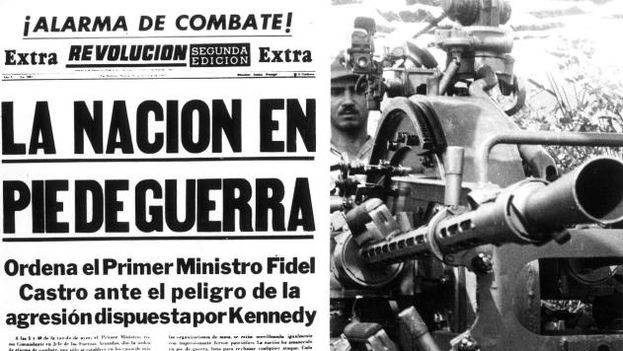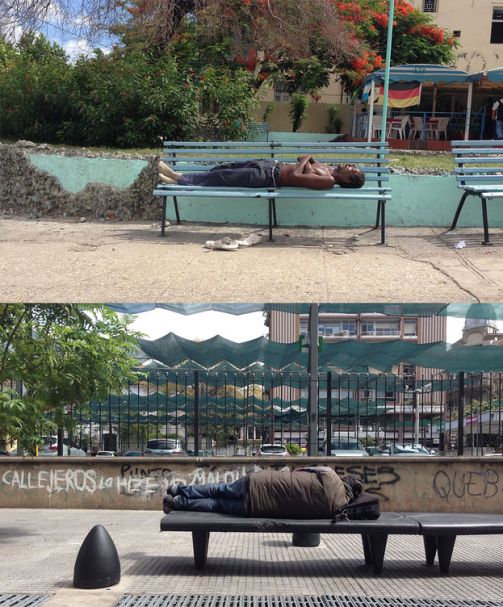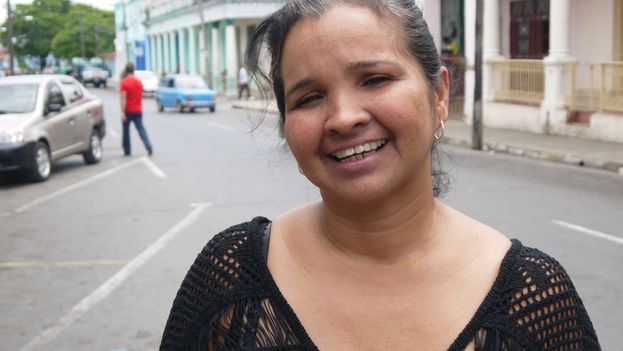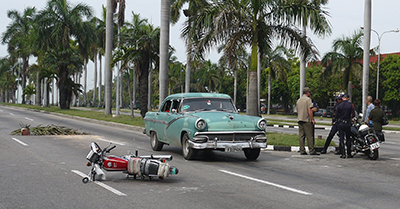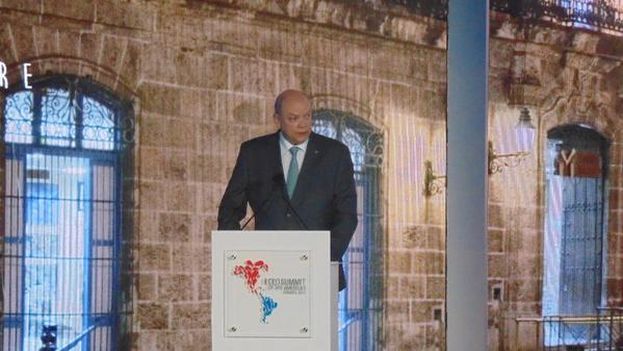
Reinado Escobar, Panama, 10 April, 2015 — Intransigence against tolerance, ideological deafness against a willingness to talk, radicalism against moderation, slogans against arguments, and many other pairs of conflicting definition could serve to headline a commentary on what is happening in Panama during the Seventh Summit of the Americas.
The pro-government Civil Society delegations from Cuba and Venezuela have systematically dedicated themselves to boycotting the parallel forums, because for them it is more important to discredit their political adversaries who favor a consensus that could conclude in a message from the civil society of the American people to their respective government. They have opted to beat, insult and denigrate their own compatriots, rather than sit down to civilized debate with them. continue reading
In a business atmosphere, however, Cuban officials have not been shy about conversing animatedly with representatives of the continent’s exploiting class. Radicalism only fits in the message being sent to the spectators, where photos of Che Guevera, little Cuban flags and wanton gestures are flying. At the other tables, among cocktails and smiles, the area’s capitalists are invited to come and invest in the Island.
Anyone might think that it is inconvenient to show both faces on the same stage, but no, the logic is different. The Government is telling prospective investors, “This is how we treat strikers, those who protest against you.”
The lesson for civil society in the countries that retain some residue of democracy is clear. The day when, in their nations, the politics supported by the Cuban government triumph, they will have to learn to conduct themselves like transmission belts, as Lenin defined the role of labor unions in socialism, otherwise they will have to get used to being treated like mercenaries, cockroaches, worms and whatever other vermin those who bet on totalitarianism choose to call them.

